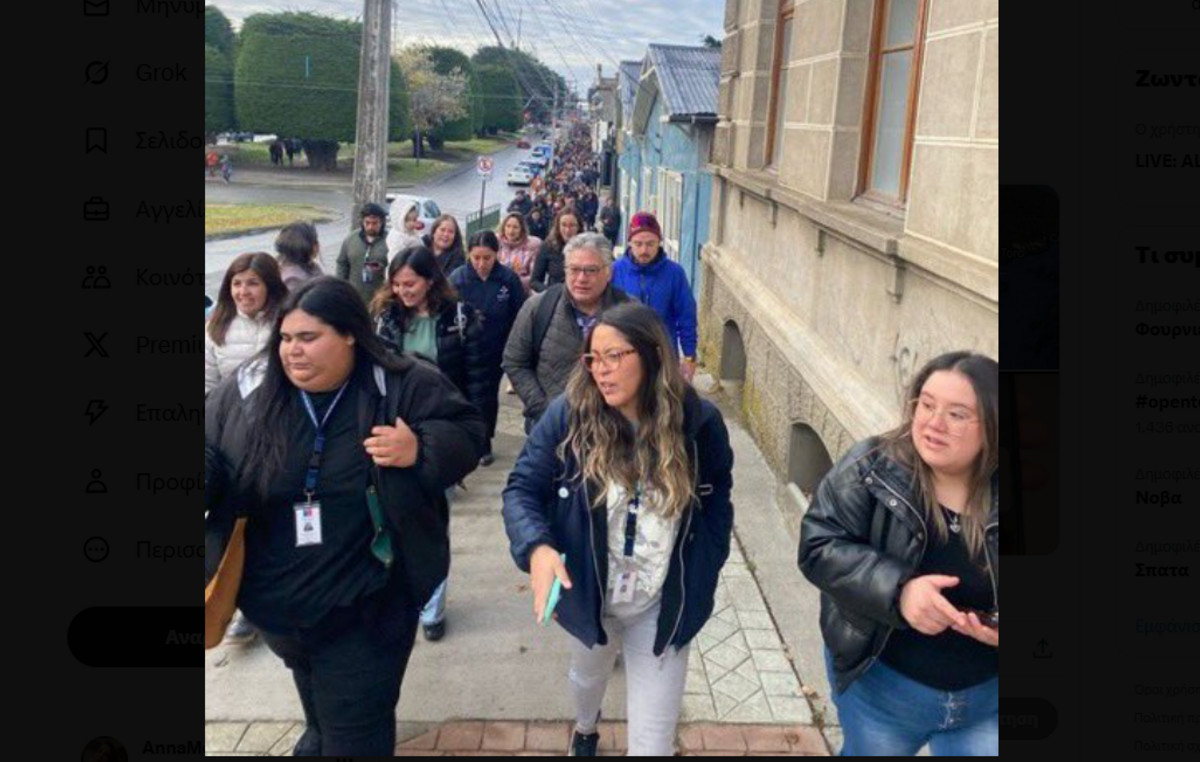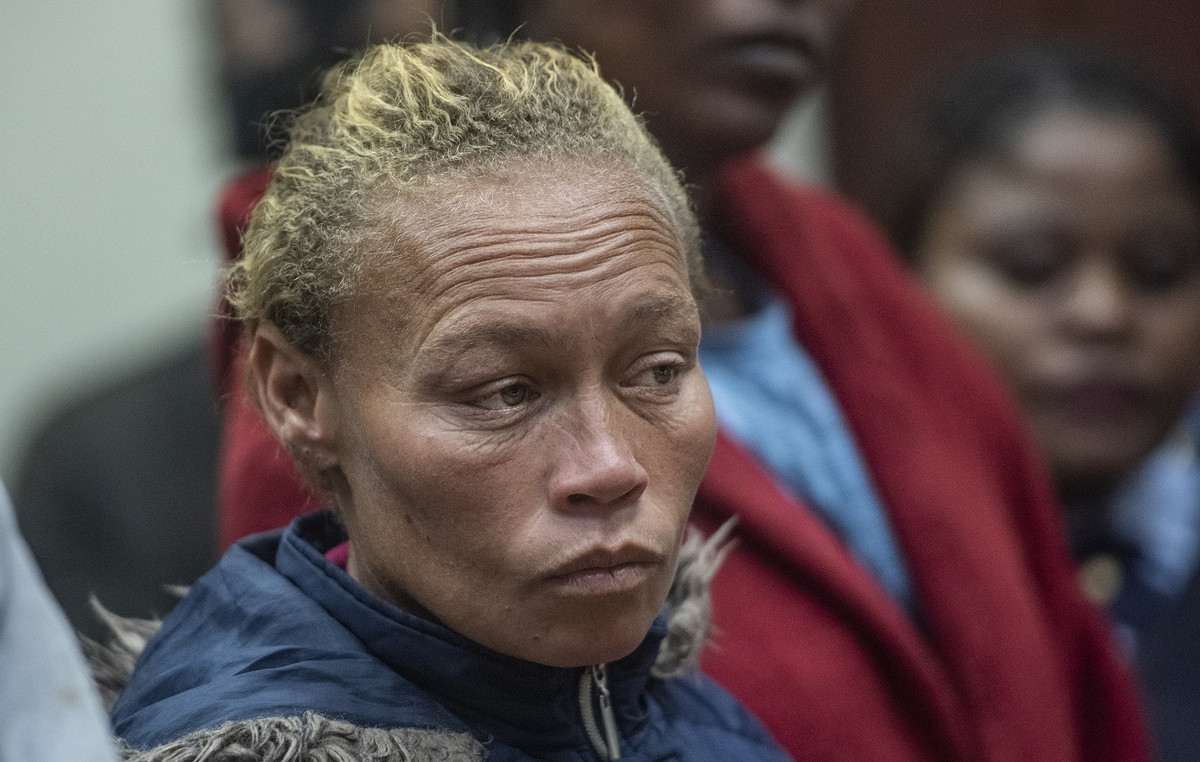Disney's classic children's musicalMary Poppins ” contains a racial slur which was used by white Europeans to refer to native people of Africa . This led to the film having the changed indicative rating last week.
The rating of the 1964 film went from being U (Universal) to becoming PG (Parental Guidance). The change was made by the British Board of Film Classification (BBFC), which regulates films and video content in the UK.
“'Mary Poppins' (1964) includes two uses of the discriminatory term 'Hottentots', a BBFC spokesperson said in a statement to CNN .
“While 'Mary Poppins' has a historical context, what makes the use of discriminatory language not so reprehensible ultimately exceeds our guidelines for acceptable language at the U,” he added.
The film returns to UK cinemas this year in celebration of its 60th anniversary. And, therefore, the BBFC found it necessary to re-examine the original rating.
“Mary Poppins,” starring Julie Andrews in the title role as well as Dick Van Dyke, follows the magical adventures of a nanny who comes to the rescue of the dysfunctional Banks family.
The film was a commercial and critical success in its time, with gross sales of more than US$103 million (approximately R$511 million) and awarded five Oscars.
In 2013, the United States Library of Congress added the film to the National Film Registry, which recognizes American cinema of cultural, historical, or aesthetic importance.
In 2018, the film received a sequel.
Even though “Mary Poppins” remains a treasured part of the cultural canon, the film has been criticized for containing blackface. It is partly in this context that the discriminatory language referenced by the BBFC appears in the film.
In one scene, the eccentric Admiral Boom asks one of Banks' sons if he is going on an adventure to “defeat the Hottentots.”
Later in the film, when Admiral Boom sees chimney sweeps with soot-blackened faces dancing in the distance, he says, “We are being attacked by Hottentots!” Then he orders a cannon to be fired at them.
“Hottentot” is a derogatory term used by European settlers to refer to the Khoikhoi peoples of South Africa and Namibia, according to the Oxford reference.
Under the new film rating, children of any age can still watch without an adult present, but parents should consider whether the content may upset younger or more sensitive children, a BBFC spokesperson said.
A 2021 BBFC report into racism in the media found that people generally understand that films and TV programs containing objectionable material are “products of their time”, but that they would prefer to be warned about such content so they can decide whether it is appropriate for themselves and their families.
“We understand from our research on racism and discrimination, and recent research on rating guidelines, that a fundamental concern for people, especially parents, is the potential for exposing children to discriminatory language or behavior that they may find distressing or repeating without realizing the potential offence,” said a BBFC spokesperson.
In recent years, the film industry has been trying to come to a conclusion about how to deal with racist or offensive content in classic films.
In some cases, objectionable films have been phased out of programming schedules.
Disney's 1946 “Song of the South,” now widely considered racist for its depictions of African Americans, does not appear on the company's streaming service nor was it part of Disney's recent boxset of classic films.
Last year, Disney also closed the former Splash Mountain theme park attraction because of its many references to “Song of the South,” with plans to reimagine the ride.
In other cases, Disney has kept films with offensive material available with additional context.
In 2019, Disney+ began including disclaimers on films like “Dumbo” indicating that they featured “outdated cultural representations.”
The company updated the language in its communications in 2020 to more strongly condemn racist content, with warnings appearing in “Lady and the Tramp,” “Peter Pan” and other films.
“This program includes negative representations and/or mistreatment of people or cultures,” the updated statements read.
“Those stereotypes were used and they are wrong now. Rather than removing this content, we want to recognize its harmful impact, learn from it, and start conversations to create a more inclusive future together.”
Source: CNN Brasil
I’m Robert Neff, a professional writer and editor. I specialize in the entertainment section, providing up-to-date coverage on the latest developments in film, television and music. My work has been featured on World Stock Market and other prominent publications.







